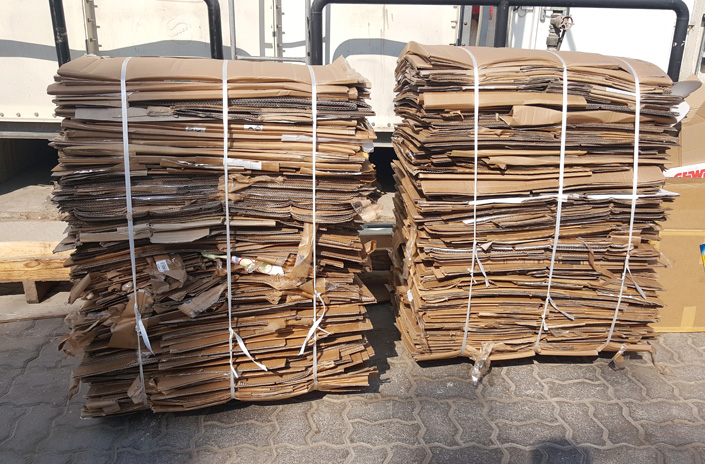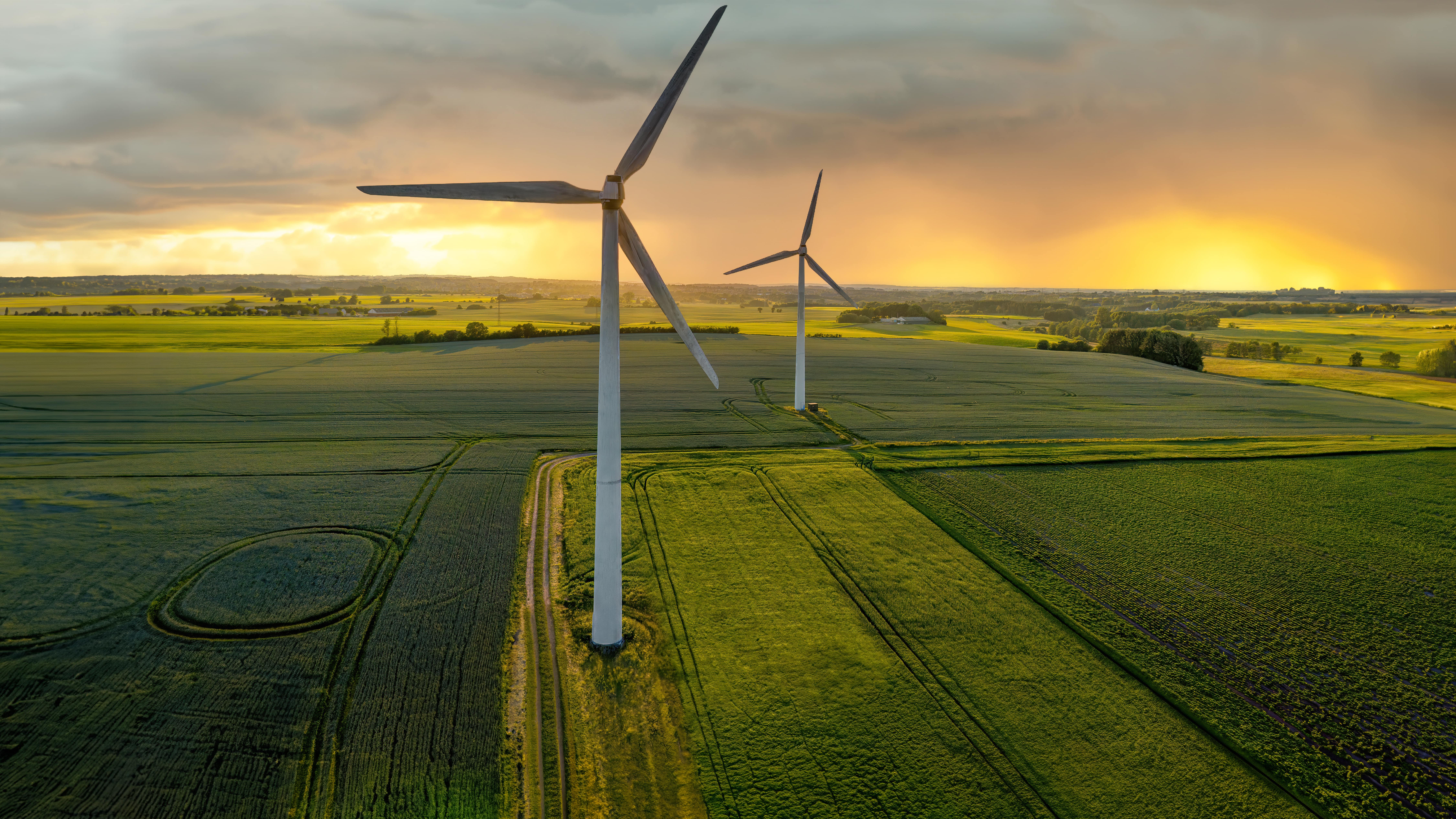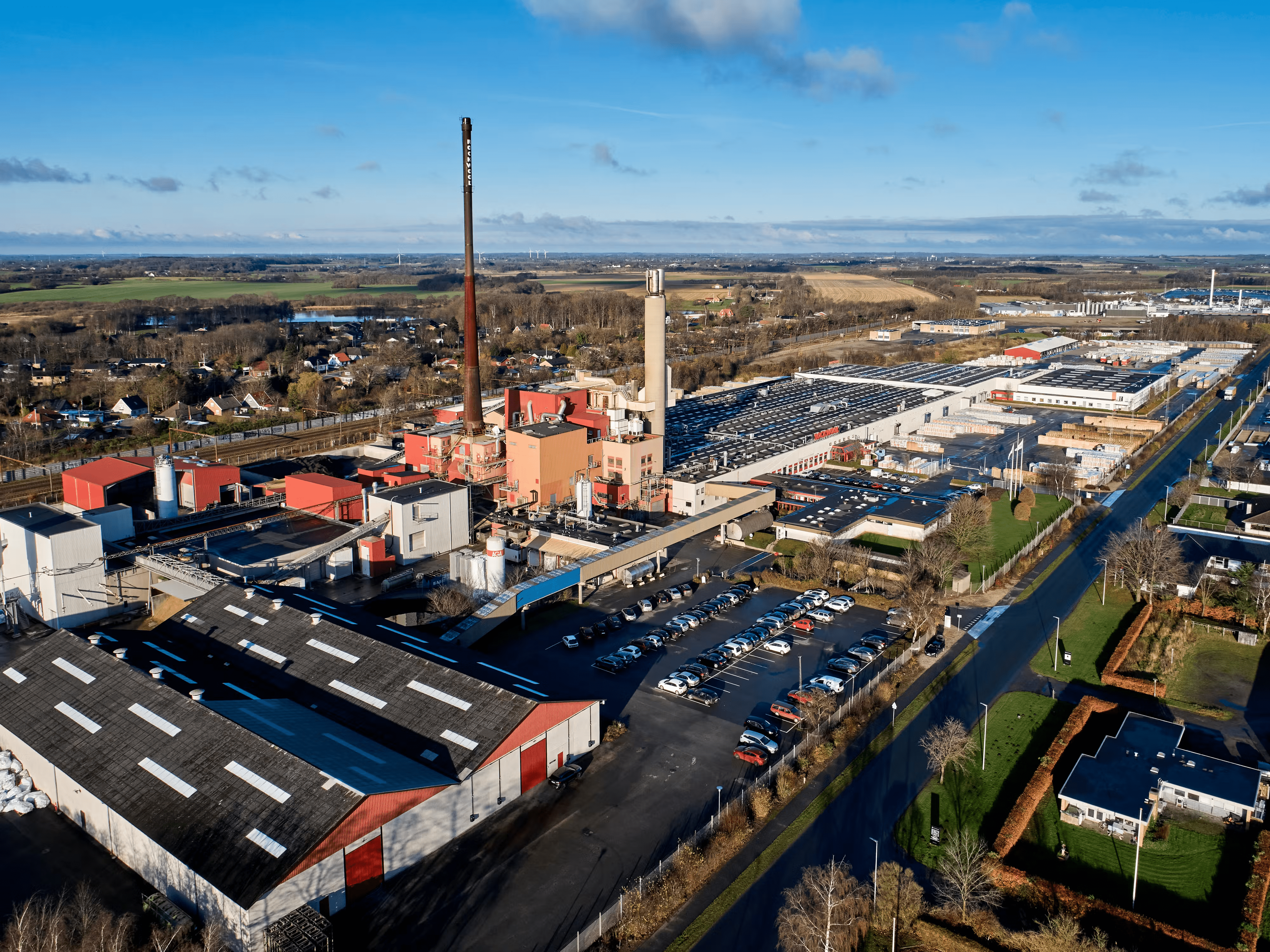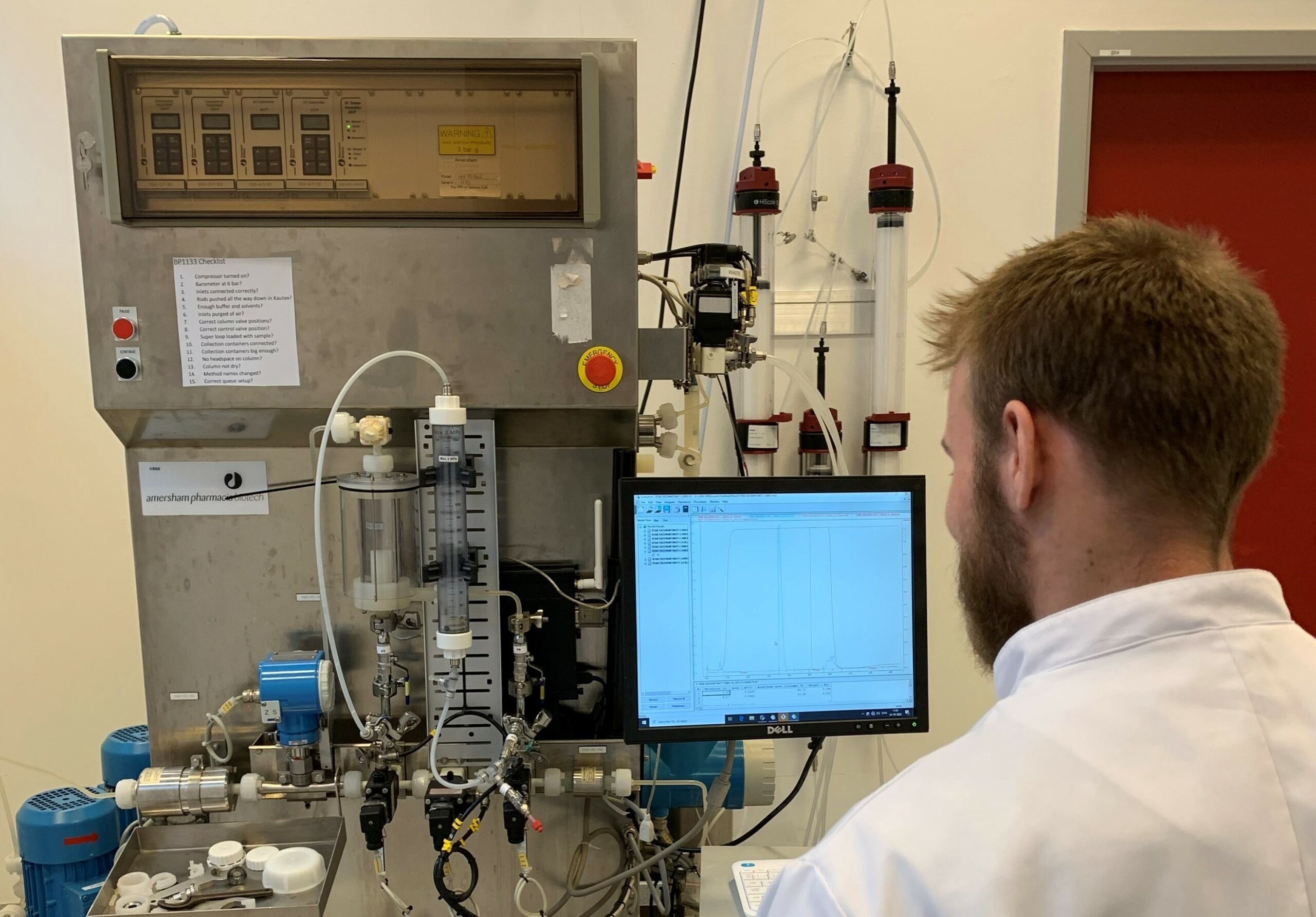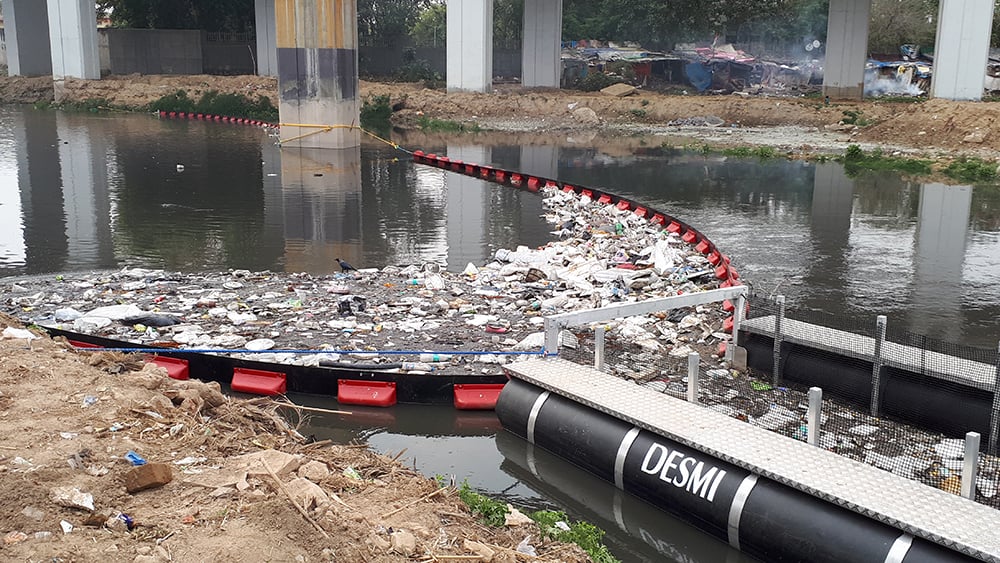News
Circular business models
Recycling of waste to material
Resource efficient production
+2
EU adopts plastics strategy as part of its circular economy goals


Every year, Europeans generate 25 million tonnes of plastic waste, but less than 30% is collected for recycling. Across the world, plastics make up 85% of beach litter. And plastics are even reaching citizens' lungs and dinner tables, with microplastics in air, water and food having an unknown impact on their health. Building on the Commission's past work, the new EU-wide strategy on plastics aims to tackle the issue head on.
The plastics strategy is intended to alter the way products are designed, produced, used, and recycled in the EU. This is critical, as current patterns of plastics production, utilisation and disposal fail to capture the economic benefits of a more circular approach. It also harms the environment. The goal is to protect the environment whilst at the same time lay foundations to a new plastic economy, where the design and production fully respect reuse, repair and recycling needs and more sustainable materials are developed.
-Related News: EU Agreement on Waste Reduction and Recycling
Once implemented, the strategy will protect the environment from plastic pollution whilst fostering growth and innovation. The European Union believes that there is a strong business case for transforming the way products are designed, produced, used, and recycled in the EU. It is hoped by taking the lead in the transition, new investment opportunities and jobs will be created. Under the new plans, all plastic packaging on the EU market will be recyclable by 2030, the consumption of single-use plastics will be reduced and the intentional use of microplastics will be restricted.
-If we don't change the way we produce and use plastics, there will be more plastics than fish in our oceans by 2050. We must stop plastics getting into our water, our food, and even our bodies. The only long-term solution is to reduce plastic waste by recycling and reusing more. This is a challenge that citizens, industry and governments must tackle together. With the EU Plastics Strategy we are also driving a new and more circular business model. We need to invest in innovative new technologies that keep our citizens and our environment safe whilst keeping our industry competitive, said First Vice-President Frans Timmermans, responsible for sustainable development
-With our plastic strategy we are laying the foundations for a new circular plastics economy, and driving investment towards it. This will help to reduce plastic litter in land, air and sea while also bringing new opportunities for innovation, competitiveness and high quality jobs. This is a great opportunity for European industry to develop global leadership in new technology and materials. Consumers are empowered to make conscious choices in favour of the environment. This is true win-win, said Vice-President Jyrki Katainen, responsible for jobs, growth, investment and competitiveness.
The plastics strategy is expected to created new opportunities for innovation, competitiveness and employment. As part of the strategy, the Commission has adopted a Monitoring Framework, composed of a set of ten key indicators which cover each phase of the cycle, which will measure progress towards the transition to a circular economy at EU and national level.
-Related News: Danish Companies Want a Circular Economy - A New Website Will Help Them
Under the new strategy, the European Union will:
- Make recycling profitable for business: New rules on packaging will be developed to improve the recyclability of plastics used on the market and increase the demand for recycled plastic content. With more plastic being collected, improved and scaled up recycling facilities should be set up, alongside a better and standardised system for the separate collection and sorting of waste across the EU. This will save around a hundred euros per tonne collected. It will also deliver greater added value for a more competitive, resilient plastics industry.
- Curb plastic waste: European legislation has already led to a significant reduction in plastic bag use in several Member States. The new plans will now turn to other single-use plastics and fishing gear, supporting national awareness campaigns and determining the scope of new EU-wide rules to be proposed in 2018 based on stakeholder consultation and evidence. The Commission will also take measures to restrict the use of microplastics in products, and fix labels for biodegradable and compostable plastics.
- Stop littering at sea: New rules on port reception facilities will tackle sea-based marine litter, with measures to ensure that waste generated on ships or gathered at sea is not left behind but returned to land and adequately managed there. Also included are measures to reduce the administrative burden on ports, ships and competent authorities.
- Drive investment and innovation: The Commission will provide guidance for national authorities and European businesses on how to minimise plastic waste at source. Support for innovation will be scaled up, with an additional €100 million financing the development of smarter and more recyclable plastics materials, making recycling processes more efficient, and tracing and removing hazardous substances and contaminants from recycled plastics.
- Spur change across the world: The European Union will also work with partners from around the world to come up with global solutions and develop international standards.
Background Infomration
In 2015, the European Commission adopted an ambitious Circular Economy Package, of which the plastics strategy form part. The Plastics Strategy is also intended to make a tangible contribution to reaching the 2030 Sustainable Development Goals and the Paris Agreement objectives on climate change. The EU has already taken significant steps by setting requirements for Member States to adopt measures to cut the consumption of plastic bags and to monitor and reduce marine litter.
Going forward, there are also significant prospects for developing an innovative circular plastics industry worldwide.
-Source: The European Commission
You should consider reading
News
Energy efficiency in industry
+4
